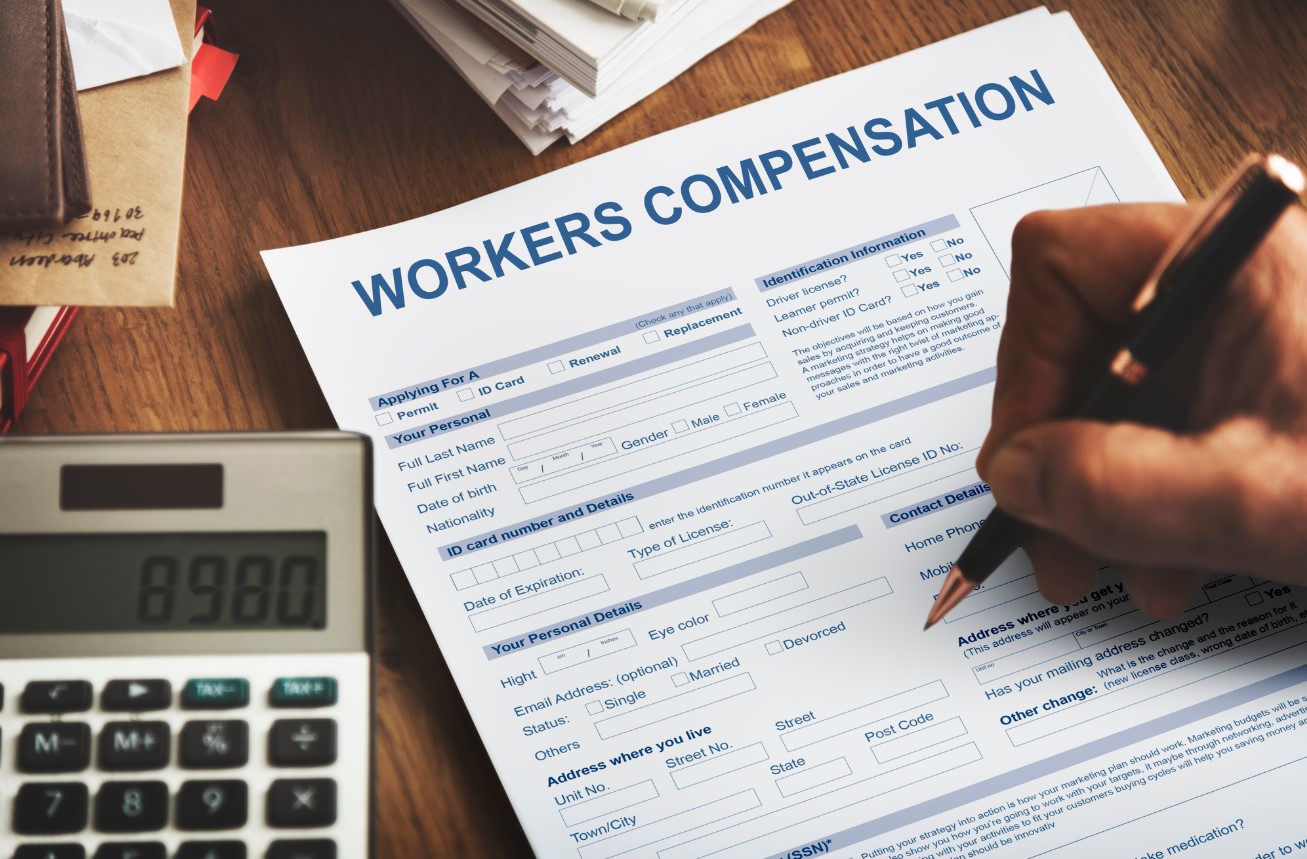
Navigating the world of personal injury settlements can be a complex and overwhelming process. In this comprehensive guide, we aim to demystify the intricacies of these settlements, providing you with the legal know-how for a fair resolution.
We’ll particularly focus on the nuances of Minnesota law and highlight when and why you should consider speaking to a workers’ compensation attorney!
Understanding Personal Injury Settlements

The Basics of Personal Injury Law
Personal injury law revolves around the legal resolution of cases where an individual suffers harm due to someone else’s negligence or wrongful act. The injured party, or plaintiff, is entitled to seek compensation for their losses from the responsible party or their insurance company. Such cases can arise from various scenarios, including workplace accidents, vehicular collisions, and slips and falls.
In Minnesota, as in other states, the key to a successful claim lies in proving that the other party was at fault. This involves establishing that the defendant owed a duty of care, breached this duty, and caused harm as a result. These cases often encompass a wide range of injuries, from physical harm to psychological trauma.
The Settlement Process
The settlement process in these cases typically starts with the injured party claiming the responsible party’s insurance company. This is a critical stage where the strength of your case and negotiation skills can significantly impact the outcome.
Initially, this involves gathering comprehensive evidence, such as medical reports, eyewitness accounts, and accident scene photos, to support your claim. Then, through negotiation, both parties aim to reach a mutually agreeable compensation amount. This phase requires a strategic approach, often involving back-and-forth discussions, to ensure that the final settlement is fair and covers all the damages suffered by the plaintiff.
The Role of a Workers’ Compensation Attorney in Minnesota

When to Consult an Attorney
In Minnesota, workplace injuries are a common basis for personal injury claims. It’s crucial to consult a work injury lawyer in complex cases, such as when there’s a dispute over the extent of injuries or when dealing with uncooperative employers or insurers.
Seeking legal representation from a seasoned work injury lawyer is particularly advisable if you face difficulties in getting your claim recognized or if the offered settlement doesn’t cover all your medical expenses and lost wages. An experienced attorney in this specialized field can navigate the complex legal landscape, ensuring your rights are protected and you receive fair compensation.
The firm’s attorneys bring a wealth of experience and a track record of success, providing personalized attention to each case. Client testimonials often highlight the firm’s ability to secure substantial settlements and navigate the legal system effectively, making them a trusted choice for workers in Minnesota seeking legal representation.
Evaluating Your Claim

Assessing the Value of Your Claim
Determining the value of your claim is a nuanced process. It involves assessing the severity of your injuries, the impact on your life, and the financial losses incurred. This assessment forms the foundation of your compensation claim.
Key factors influencing the claim value include medical expenses, lost wages, and non-economic damages like pain and suffering. Professionals use various methods, such as actuarial tables and expert testimonies, to quantify these damages. This calculation is especially important in Minnesota, where state-specific laws may affect the valuation process.
The Importance of Medical Documentation
In personal injury claims, medical documentation is crucial. It provides concrete evidence of the injuries sustained and establishes a link between the accident and the harm suffered.
Immediate and continuous medical treatment following an injury is vital, and keeping a detailed record of this treatment can significantly strengthen your claim. In Minnesota, specific requirements for medical documentation can influence the outcome of a workers’ compensation claim, making it essential to understand and comply with these guidelines.
Navigating Insurance in Personal Injury Cases

Dealing with Insurance Companies
Interacting with insurance companies can be challenging. They often employ strategies to minimize payouts, necessitating a well-planned approach from the claimant’s side.
Insurance adjusters may start with lowball offers or question the validity of the claim. It’s essential to be prepared for these tactics. An experienced attorney can be invaluable in these situations, helping to negotiate effectively and ensure a fair settlement.
Understanding Minnesota’s Insurance Laws
Minnesota’s insurance laws play a significant role in these cases, especially in workers’ compensation scenarios. These laws define coverage limits, the claims process, and the rights of injured workers.
Understanding these laws is crucial for navigating your claim successfully. Legal representation can be particularly beneficial in ensuring compliance with these regulations and in maximizing the potential of your claim.
Legal Strategies for Maximizing Settlements

Building a Strong Case
A strong case rests on solid evidence and effective legal arguments. Gathering a comprehensive array of evidence, such as accident reports, witness statements, and expert opinions, is essential.
Legal professionals, especially those well-versed in Minnesota law, skillfully use this evidence to build a compelling case. They understand the importance of presenting a well-structured argument that highlights the extent of your injuries and the negligence of the other party.
Negotiation and Litigation Tactics
The final stage of securing a settlement involves strategic negotiation and, if necessary, litigation. Deciding whether to settle or go to trial is crucial and can significantly impact the outcome of your case.
Effective negotiation tactics are key in ensuring a fair settlement offer. However, if negotiations fail, litigation may be the next step. Understanding the risks and potential rewards of going to court, especially considering the specific challenges posed by Minnesota’s court system, is vital in making this decision.
Conclusion
In conclusion, personal injury settlements are complex but navigable with the right knowledge and legal support. In Minnesota, where workers’ compensation claims are common, understanding the legal landscape and having skilled legal representation can make all the difference in achieving a fair resolution.
Whether you’re negotiating with insurance companies, evaluating your claim, or considering litigation, being well-informed and adequately represented is key to a successful outcome.












